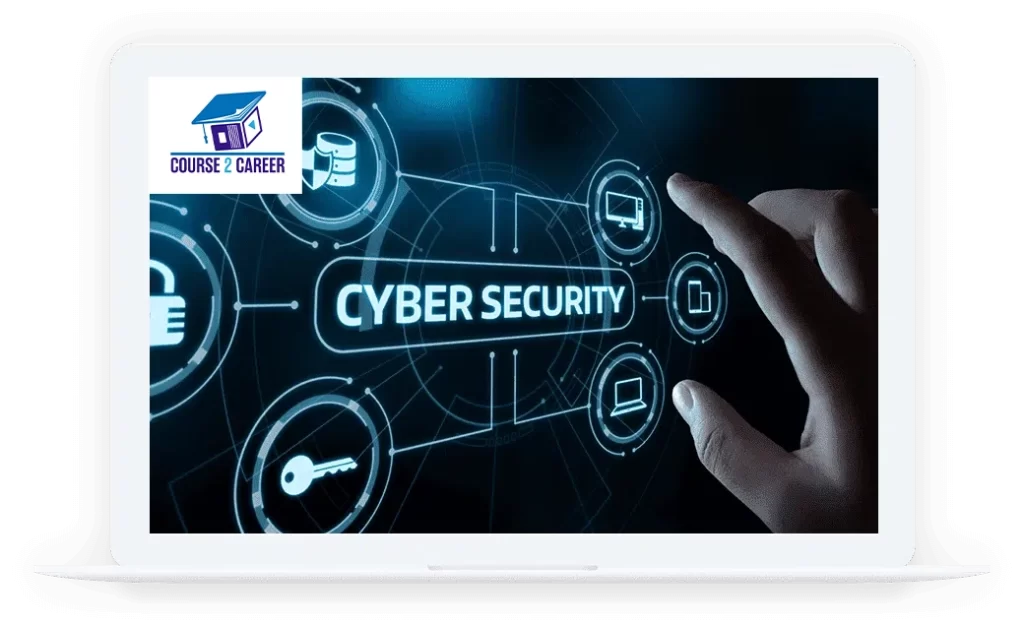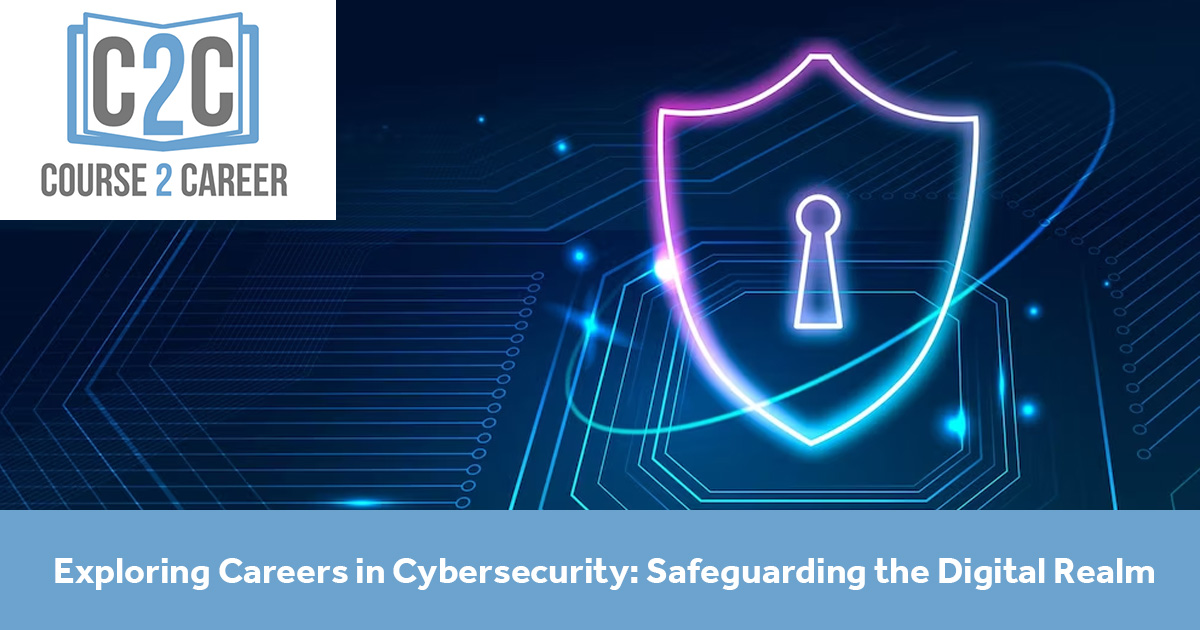In an era dominated by technology, the importance of cybersecurity cannot be overstated. With the rise of digital threats and cyber-attacks, there’s a growing demand for professionals who can protect and secure sensitive information. Cybersecurity professionals play a pivotal role in safeguarding data, networks, and systems, making it one of the most vital and rapidly evolving fields in the job market today.
The Significance of Cybersecurity
Cybersecurity is the practice of protecting computer systems, networks, and data from theft, damage, or unauthorized access. As organizations rely more heavily on technology to conduct business and store valuable information, they become increasingly susceptible to cyber threats. Cybersecurity measures are essential to ensure the confidentiality, integrity, and availability of data, minimizing potential risks and vulnerabilities.
Various Roles in Cybersecurity
The field of cybersecurity offers a diverse range of job opportunities, each requiring specific skill sets and expertise. Here are some prominent roles within the cybersecurity domain:
- Cybersecurity Analysts
Cybersecurity analysts are responsible for monitoring an organization’s computer systems, detecting potential security breaches, and implementing security measures to protect the system. They analyze patterns of suspicious activities, conduct security audits, and develop incident response plans. - Penetration Testers (Ethical Hackers)
Penetration testers, often referred to as ethical hackers, are hired to intentionally breach an organization’s security systems. Their goal is to identify vulnerabilities and weaknesses that malicious hackers could exploit. This knowledge allows the organization to strengthen its security measures effectively. - Security Architects
Security architects design and implement secure network and computer systems to safeguard an organization’s digital assets. They create complex security structures, considering various factors such as user access, data protection, and compliance with industry regulations. - Security Engineers
Security engineers develop and maintain an organization’s security solutions, including firewalls, encryption protocols, and other protective measures. They work on designing and implementing security measures to prevent unauthorized access and ensure system integrity. - Incident Responders
Incident responders are the first line of defense when a cyber-attack occurs. They investigate security breaches, identify the cause, and develop strategies to minimize damage and prevent future attacks. - Security Consultants
Security consultants provide expert advice to organizations regarding their cybersecurity practices. They assess vulnerabilities, develop security policies, and recommend solutions to improve an organization’s overall security posture. - Cryptographers
Cryptographers specialize in creating and deciphering encryption algorithms to protect sensitive data during transmission or storage. They play a vital role in ensuring that communication and information remain secure.
Skills Required for a Career in Cybersecurity
To succeed in the field of cybersecurity, several key skills are essential:
Technical Proficiency: Understanding various operating systems, network protocols, and programming languages is crucial. Problem-Solving Skills: The ability to analyze complex problems and develop effective solutions is vital in cybersecurity.
Attention to Detail:
Cybersecurity professionals need to be meticulous in identifying vulnerabilities and implementing precise security measures. Communication Skills: Effective communication is essential to articulate complex security concepts to non-technical stakeholders. Continuous Learning and Adaptability: Given the rapidly evolving nature of technology and cyber threats, staying updated with the latest trends and tools is critical.
How to Start a Career in Cybersecurity
Getting started in cybersecurity typically involves these steps:
Education and Training: Obtain relevant degrees or certifications in cybersecurity, computer science, or related fields. Certifications like CompTIA Security+, Certified Information Systems Security Professional (CISSP), and Certified Ethical Hacker (CEH) are highly regarded.
Gain Practical Experience: Look for internships, entry-level positions, or volunteer work to gain hands-on experience in the field.
Build a Professional Network: Attend cybersecurity conferences, workshops, and events to connect with professionals in the industry.
Networking can open up job opportunities and provide valuable insights.
Continuous Learning: Stay updated with the latest trends, tools, and threats in the cybersecurity landscape. Engage in continuous learning through online courses, workshops, and seminars.
Conclusion
A career in cybersecurity is both challenging and rewarding, offering opportunities to make a meaningful impact in protecting organizations and individuals from cyber threats. As technology continues to advance, the demand for skilled cybersecurity professionals will continue to grow, making it an exciting and promising field to pursue. If you have a
passion for technology and a desire to contribute to a safer digital world, a career in cybersecurity might be the perfect fit for you.






